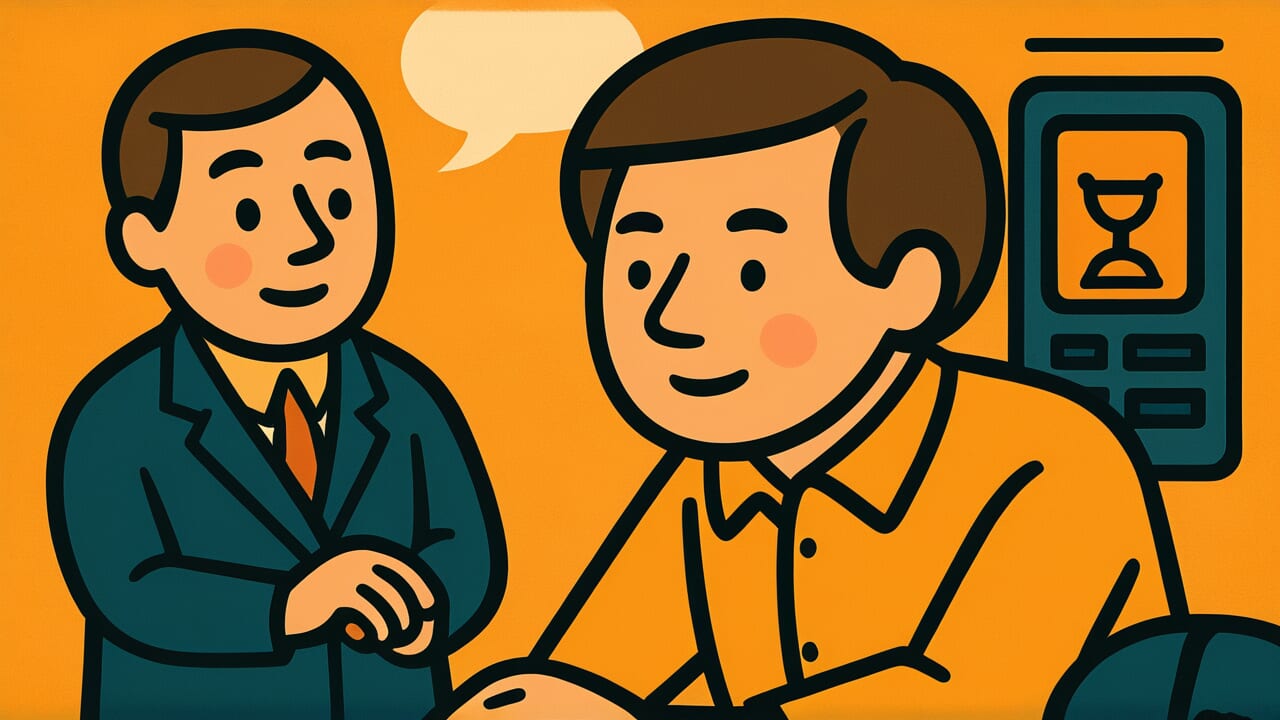How to Read “Honest poverty, cunning prosperity”
Shōjiki binbō ōchaku eiyō
Meaning of “Honest poverty, cunning prosperity”
This proverb sarcastically points out an unfair reality in society. Honest people who live with integrity often struggle with poverty. Meanwhile, cunning and lazy people enjoy luxurious lives.
It describes people who work hard, never lie, and live sincerely but don’t get rewarded. Instead, those who take shortcuts and manipulate situations cleverly seem to succeed.
People use this proverb when they witness unfair situations where effort goes unrewarded. It expresses grief and anger about social contradictions where honest people suffer.
Even today, this saying rings true in many situations. Honest taxpayers struggle while tax evaders prosper. Sincere workers earn low wages while clever manipulators get high salaries.
This proverb remains relevant as a way to lament the absurdities of the world.
Origin and Etymology
The exact source of this proverb is unclear. However, it likely originated among common people during the Edo period.
In that society, hardworking people weren’t always rewarded. Instead, cunning people often achieved wealthy lifestyles.
The word structure is striking. “Honest” pairs with “poverty,” while “cunning” pairs with “prosperity.” The term “eiyō” means living in luxury and splendor.
This sharp contrast vividly expresses the unfairness of the world.
During the Edo period, merchant culture produced many sayings that mocked social contradictions. Common people watched with clear eyes as honest merchants suffered from taxes. Meanwhile, those who curried favor with authorities or exploited loopholes prospered.
This proverb contains anger at unfair reality. But it also holds sympathy for people who still try to live honestly.
It’s not just sarcasm. The saying carries deeper meaning about accepting life’s absurdities while questioning the value of honesty.
Usage Examples
- That person comes late every day and slacks off at work, yet gets promoted. This is exactly “Honest poverty, cunning prosperity.”
- I work hard but life never gets easier, while cunning people live in mansions. It’s truly a world of “Honest poverty, cunning prosperity.”
Universal Wisdom
This proverb has been passed down for hundreds of years. It sharply captures the unfairness that exists universally in human society.
In every era and place, effort and reward don’t always match. This reality persists across time.
Why does such absurdity exist? Society doesn’t always operate on fair evaluation systems. Human relationships, luck, timing, and presentation skills matter too.
These factors beyond sincerity and effort often determine success. Being honest sometimes means sacrificing your own interests. Being cunning allows you to prioritize personal gain without worrying about others’ opinions.
However, this proverb contains deeper insight than mere sarcasm. It reveals that people truly understand the value of honesty.
If honesty had no value, such a saying wouldn’t exist. This proverb was born because people suffer from the gap between the ideal of honesty and harsh reality.
Our ancestors lamented life’s absurdities. Yet they continued questioning the meaning of living honestly.
This proverb reflects humanity’s eternal struggle with the gap between ideals and reality.
When AI Hears This
The phenomenon where honest people stay poor while cunning people prosper resembles a thermodynamics law. Energy flows one way from usable forms to unusable forms.
Honest people spend time keeping promises. They invest effort in sincere responses. They continuously release their energy—time, labor, money—for others’ benefit.
Cunning people cut corners and use saved time for other gains. They lie to save effort. This mirrors the physics principle that energy doesn’t naturally flow from low to high in a closed system.
More interesting is how poverty accelerates this law. People with fewer resources use limited energy inefficiently to maintain appearances.
For example, someone with low income buys luxury items. Or they make unreasonable expenses for social obligations. This matches the thermodynamic phenomenon where low-energy states require relatively higher costs to maintain order.
As a result, honest poor people keep releasing energy. They move toward poverty, a high-entropy state of disorder. This irreversibility explains the cruel truth of this proverb through physical laws.
Lessons for Today
This proverb teaches modern people how to face unfairness in the world. Living honestly doesn’t always bring rewards. But living cunningly isn’t necessarily the right answer either.
What matters is recognizing unfair reality while having courage to choose your own path. Living honestly may cause temporary losses. But your peace of mind and self-respect remain intact.
Living cunningly might bring material wealth. But it may not provide inner fulfillment.
In modern society, social media makes others’ success highly visible. Opportunities to feel unfairness have increased. However, visible success isn’t everything.
The inner struggles of seemingly cunning people aren’t visible. Neither is the trust that honest people earn—an intangible asset invisible from the surface.
This proverb doesn’t just lament life’s unfairness. It asks how you will live despite it.
Even in an unfair world, living with your own convictions shows true strength. Perhaps that strength is real prosperity.



Comments